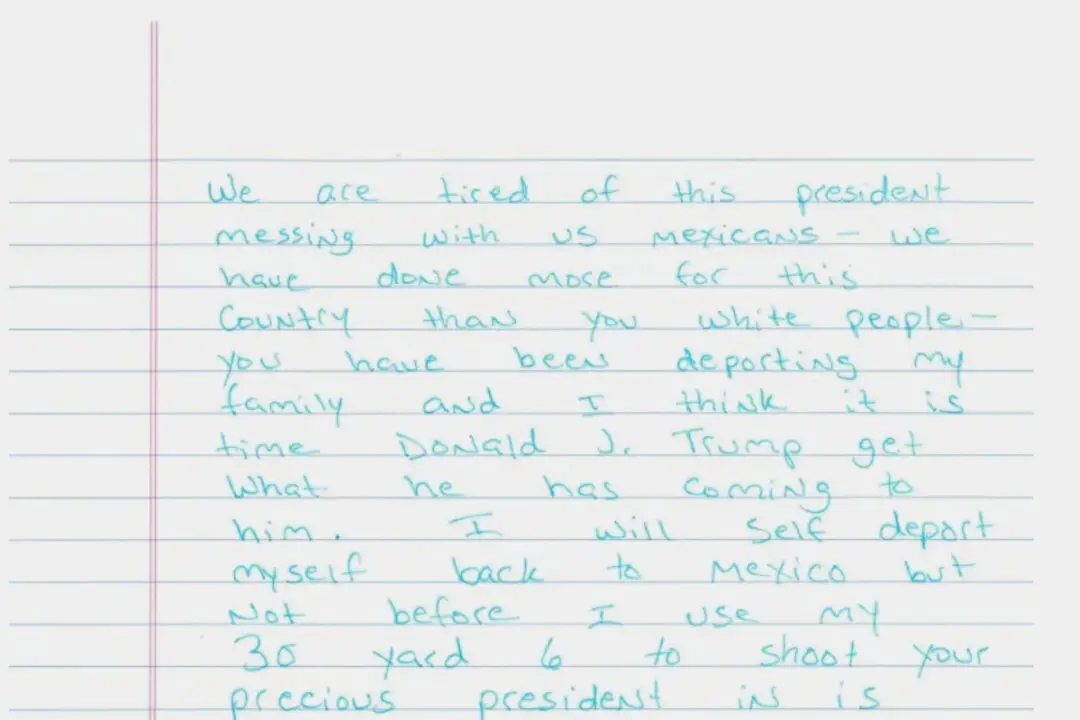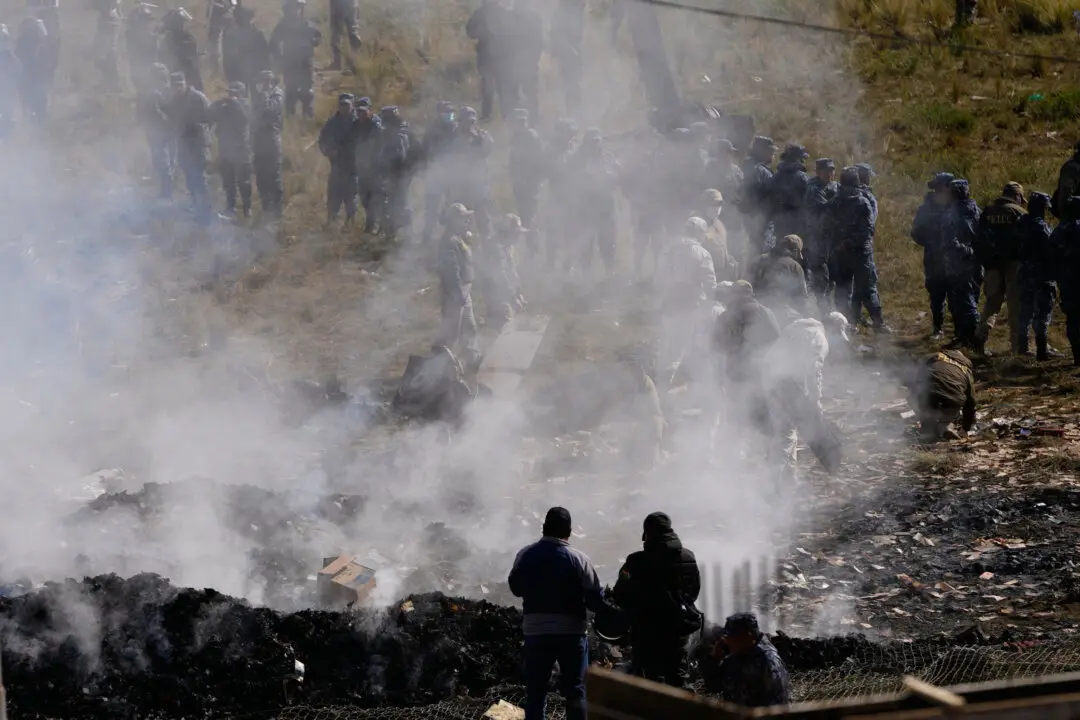JOHANNESBURG—Poaching syndicates shipped large amounts of African elephant ivory last year despite global calls to dismantle the trafficking networks that often collude with corrupt officials, conservationists said as an international wildlife conference opened Saturday in South Africa.
The illegal ivory trade “has remained fairly constant at unacceptably high levels” since 2010, and in 2015 there was a “continuing upward trend” in the seizure of larger shipments of more than 100 kilograms (220 pounds), according to a document released by organizers. The transfer of big amounts of ivory indicates the key role of organized crime in poaching, the document said.
The plight of elephants dominated the discussion on the first day of the 12-day Convention on International Trade in Endangered Species of Wild Fauna and Flora, or CITES, conference. Rhinos, sharks, pangolins, helmeted hornbills and other threatened species are also on the agenda at the meeting, which regulates trade in wild animals and plants with the aim of ensuring their survival.
Last held in Bangkok in 2013, this year’s CITES conference ends Oct. 5. The U.N. group has 183 member countries and can recommend suspending trade in wildlife with countries that don’t enforce its guidelines.
Wildlife trafficking is estimated to generate billions of dollars a year globally. Interpol is among the delegations at the conference and will discuss crime, corruption and the illegal financial flows of poaching.
Many delegates at the conference in Johannesburg are likely to push to tighten the international ban on the ivory trade, as well as close domestic ivory markets. Namibia, Zimbabwe and South Africa, however, favor the sale of their ivory stockpiles, saying the money can be funneled back into conservation operations.
The world’s main ivory consumer, China, has said it plans to close its domestic ivory market. The United States has announced a near-total ban on the domestic sale of African elephant ivory.
Ivory has been used for centuries to make carvings, jewelry, furniture, piano keys and other items. Many conservationists say criminal syndicates launder illegal supplies through legal markets that permit the sale of antique ivory pieces or ivory exempted from a 1989 international trade ban.





